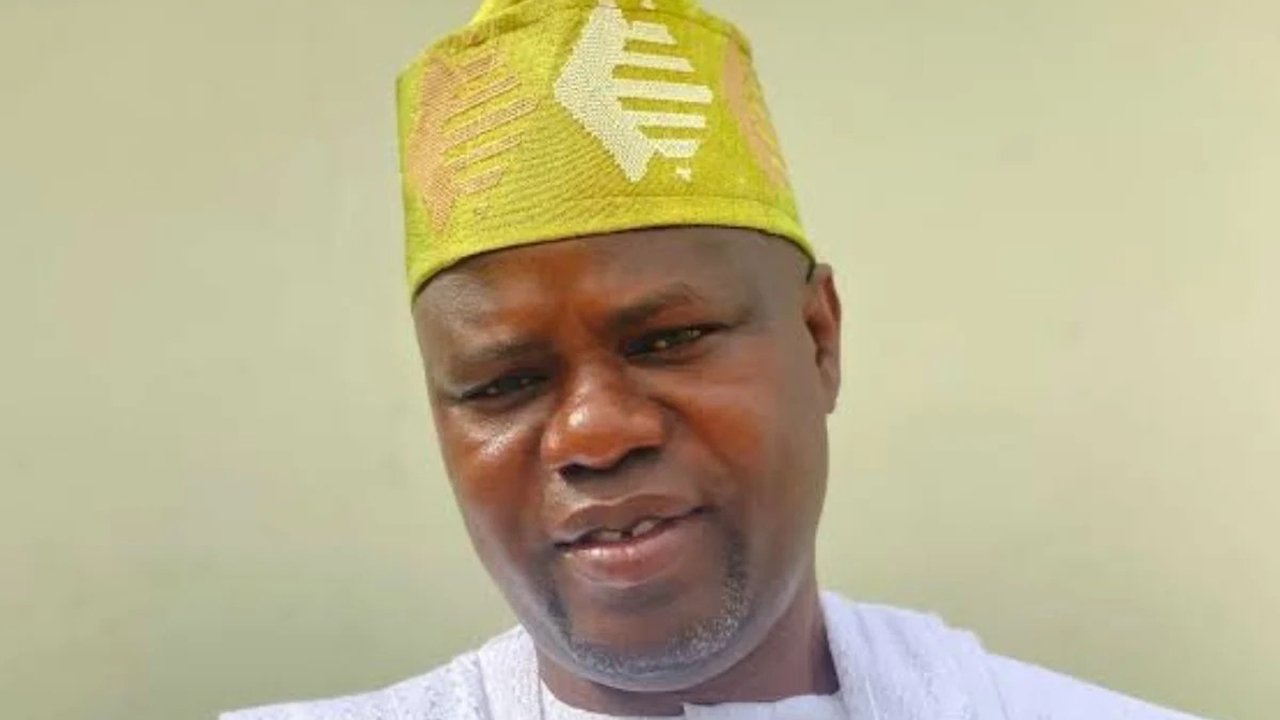
Experts advise on how to save billions of naira lost to tax evasion, money laundering
Ekiti State Government has approved the procurement of a software-based platform that helps project officers and executives to manage their project monitoring and performance tracking activities.
The State Executive Council had approved the award of contract for the monitoring system to Messrs Ireskills Concept at a contract sum of N58 million, making Ekiti State to become the first state in the country to deploy a dashboard to aid in service delivery.
The state’s Commissioner for Information, Taiwo Olatunbosun, who disclosed this in Ado-Ekiti, at the weekend, said that the Strategic Project Monitoring System (SPMS), otherwise known as Dashboard, is to ensure that government projects are well-executed, delivered on time and ultimately be of value to the targeted beneficiaries.
Olatunbosun added that the Dashboard would boost collaboration between project team members and the executives by providing the government with a point of truth for project information.
The commissioner said that “the Dashboard comes with an internal use software that digitises project files and pictures to be accessible easily and securely online, which would assist in actualising Ekiti Performance, Assessment, Improvement and Report (EKPAIR) goals and objectives that could be used in tracking activities of the Ministries, Departments and Agencies (MDAs).
According to him, “experiences and feedback obtained revealed that tracking of activities using an automated software-based system is essential to help fast-track the monitoring of activities/programmes of MDAs, which would ultimately lead to more efficient and effective in-service delivery to the state.”
In his remarks, Director-General/Special Adviser, Office of Transformation and Service Delivery (OTSD), Dr John Ekundayo, listed other benefits of the software to include proper execution and timely delivery of developmental projects to residents.
IN another development, experts in the civil society space have said that an effective implementation of Beneficial Ownership (BO) transparency principles in Nigeria will help Nigeria save billions of naira lost yearly to illicit financial flows through money laundering and tax evasion.
They said that the opaqueness surrounding the ownership of businesses in Nigeria should be a source of concern to the country, especially as it concerns the extractive sector.
The experts raised the alarm at a learning event on BO transparency implementation, as well as the new National Action Plan (NAP III) for the implementation of the Open Government Partnership (OGP) Initiative in Nigeria.
The programme was organised by the Civil Society Legislative Advocacy Centre (CISLAC) on behalf of the Accountability in Extractive Sector (AES) Cluster within the framework of the Strengthening Civic Advocacy and Local Engagement (SCALE) project being implemented by Palladium with funding from the United States Agency for International Development (USAID).
Beneficial Ownership refers to identifying the actual people who ultimately control or profit from oil, gas and mining assets, even if they’re not the listed owners on paper. This can involve individuals, firms and others.
Members of the public, through the BO register, domiciled with the Corporate Affairs Commission (CAC), can access the information of Persons with Significant Control (PSC) of a company.
It is also estimated that developing countries lose about $1 trillion each year through a web of corrupt activities that involves shady deals for natural resources.
Nigeria alone is responsible for five per cent of the figure, as the Ministry of Finance in 2017 revealed that Nigeria may have lost as much as around $50 billion yearly to illicit financial flows through money laundering, tax evasion and corruption often achieved through the use of corporate vehicles.
Meanwhile, Executive Director of the Support and Training Entrepreneurship Program (STEP), Harry Udoh, in an interview with journalists, maintained that the development and maintenance of a BO register in the mining sector would go a long way in checkmating use of shell companies and other corporate vehicles to siphon money out of the system.
He noted that the extractive sector suffers from corruption stemming from lack of transparency and accountability in governance, adding that reforms made so far to address corruption in the sector have fallen short of desired goals.
Udoh, who is also a member of the AES Cluster, said a lot of the fraud currently being investigated in the Humanitarian Affairs Ministry could have been avoided with a BO register in place.
Also, Project Facilitator, Ugochukwu Munachi, said that the BO register would help to identify the true owners of companies, especially those implicated in illicit financial flows.






